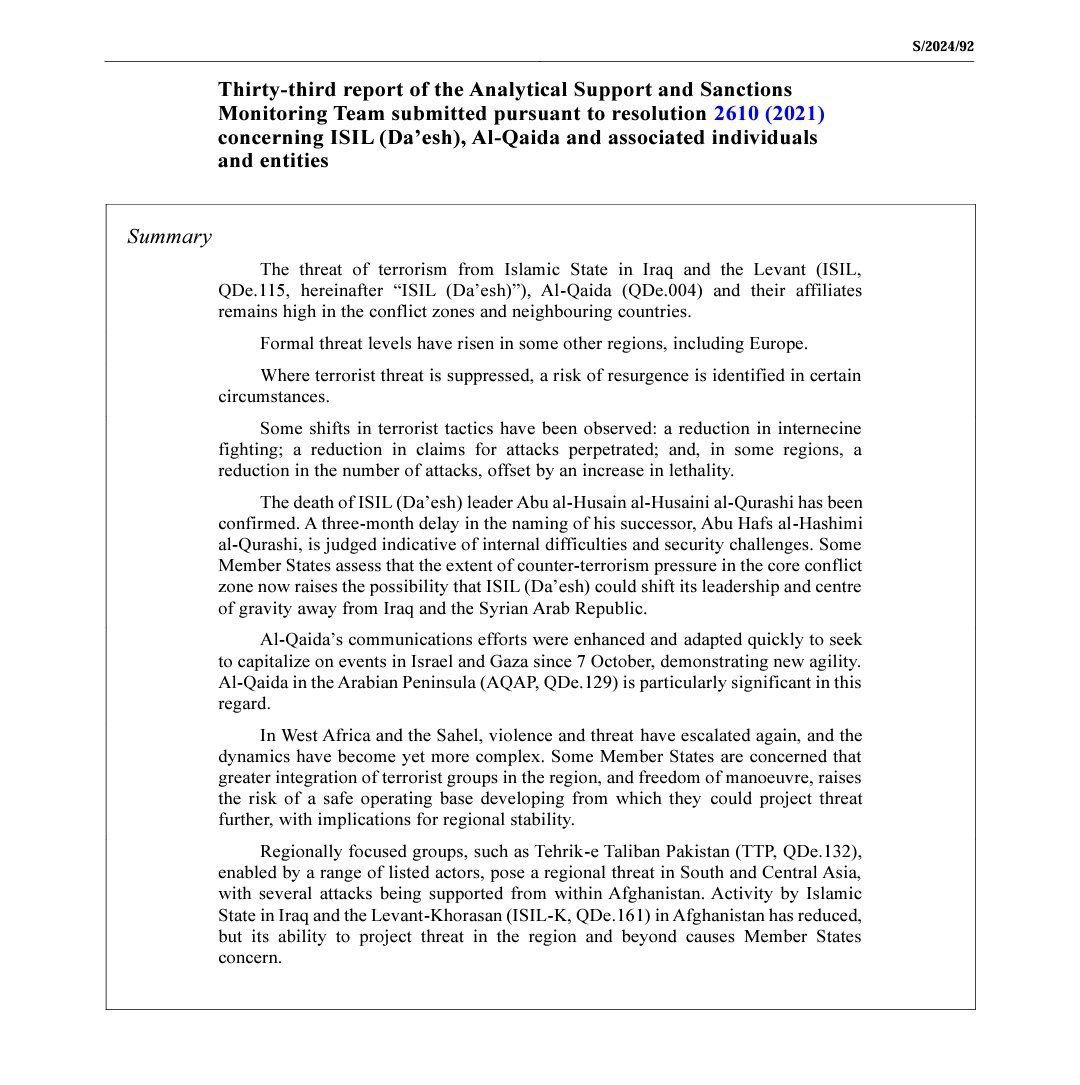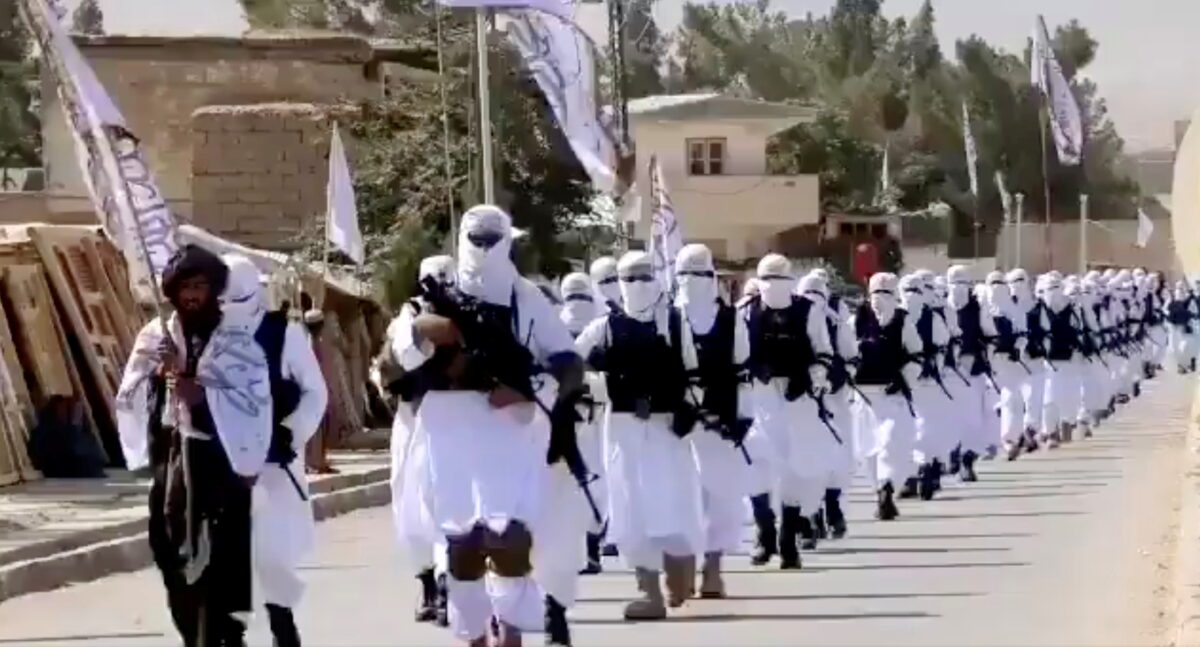The latest UN Security Council report has unveiled disturbing revelations about the intricate terrorism landscape in Afghanistan, underscoring the enduring ties between the Taliban and Al-Qaeda and the establishment of eight new training camps, Afghanistan International reported.

Persistent Taliban-Al-Qaeda Alliance
The report emphasizes the sustained closeness between the Taliban and Al-Qaeda, revealing that Al-Qaeda has managed to operate in a "sustainable" mode in Afghanistan under Taliban control. Senior Al-Qaeda officials are still present in the country, posing an ongoing threat, with internal strife arising from the Taliban's efforts to conceal their relationship with Al-Qaeda.
Emergence of New Training Camps and Weapon Depots

Alarming developments include the establishment of eight new training camps by Al-Qaeda, with four camps in Ghazni, Laghman, Parwan, and Uruzgan provinces. A new weapons depot in Panjshir further highlights the expanding capabilities of these terror networks. Notably, Hakim al-Masri, an Al-Qaeda member, oversees these camps and provides guidance on suicide bombings to Tehreek-e-Taliban Pakistan (TTP) members.
Taliban's Dilemma and Internal Struggles
While the Taliban's efforts to limit Al-Qaeda activities have led to internal conflicts, the report suggests that certain operational commanders within the Taliban share ideologies with Al-Qaeda. However, these commanders lack the global aspirations of Al-Qaeda, showcasing internal discord within the Taliban.
TTP Nexus and Rising Threats
The report exposes instances of the Pakistan Tehreek-e-Taliban (TTP) receiving support from Afghanistan, with aid packages reaching TTP commanders and their families from the Taliban. The TTP's rise in recruits from the Taliban ranks and the perception of supporting TTP as a "religious duty" among some Taliban members further complicate the security situation.
Despite facing territorial losses, casualties, and reduced forces, ISIS remains a significant threat, particularly targeting the Shia community. The Taliban's influence on ISIS has led to a decrease in attacks, but the report notes considerable influence from ISIS within the Taliban.
The report underscores the ongoing activities of groups like the Islamic Movement of Uzbekistan, Islamic Jihad Union, and Khatiba Imam al-Bukhari. The East Turkestan Islamic Movement's relocation and collaboration concerns, including ideological training from Al-Qaeda, add to the multifaceted challenges.
Comments (0)